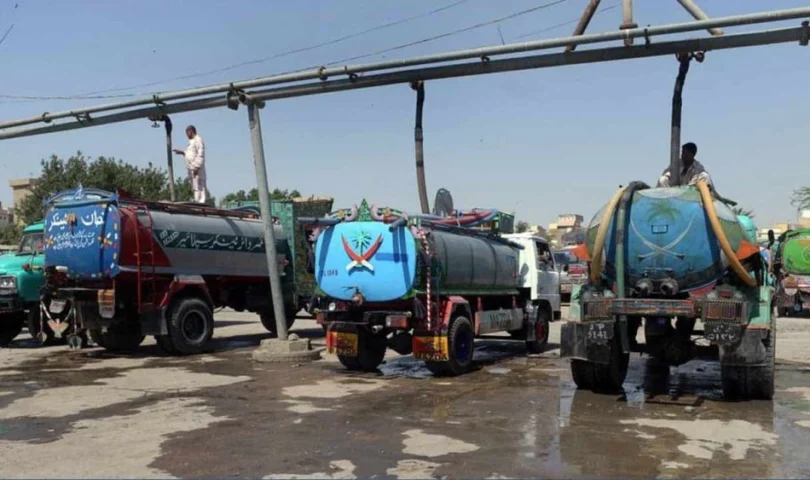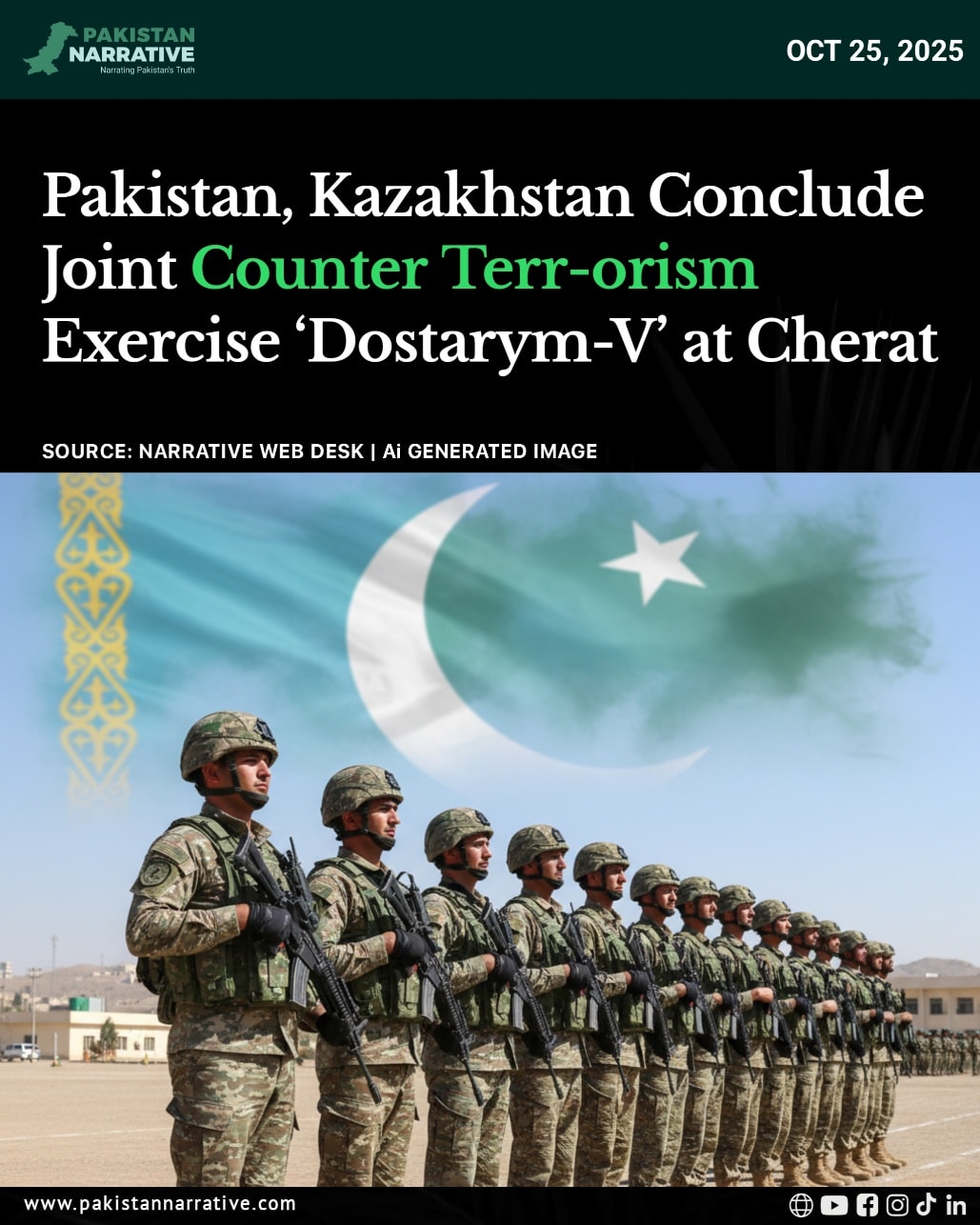KARACHI: The Karachi commissioner has formally suspended the free supply of water tankers under the Deputy Commissioners’ (DC) quota, citing provisions of the Water and Sewerage Corporation Act and the city’s mounting water crisis.
In a letter issued to the Water and Sewerage Corporation, the commissioner said the DC quota had become unnecessary and was no longer justifiable at a time when Karachi was struggling to meet basic water demand. The decision, he added, was taken to ensure fair distribution of water across the metropolis.
According to officials, nearly 100 million gallons of water per day were being supplied free of cost under the DC quota. However, no payments had been made against this allocation since 2015, leaving the Sindh government with outstanding dues of Rs4 billion.
Officials revealed that misuse of the facility had also been reported. Free tankers allocated under the quota were allegedly being sold in the open market, depriving citizens of their share.
Karachi continues to grapple with severe water shortages. The city requires over 1,200 million gallons daily (MGD) but currently receives only around 650 MGD. Line losses, leakages, and theft further shrink the available supply, leaving vast areas of the city in acute distress.
Residents in many neighbourhoods remain heavily dependent on private water tankers, often paying exorbitant rates for a basic necessity. The suspension of the DC quota, officials claim, will allow more water to be redirected towards regular distribution channels, reducing the monopoly of tanker mafias.
While the commissioner’s decision has been welcomed by water officials as a step towards transparency, concerns remain about whether the move will bring immediate relief to households still facing prolonged shortages. The water utility has stressed the need for improved infrastructure, better accountability, and strict action against theft to tackle the crisis comprehensively.
The decision also places renewed pressure on the Sindh government to settle its long-pending dues with the corporation, which continues to struggle with financial constraints while attempting to manage Karachi’s growing demand.





